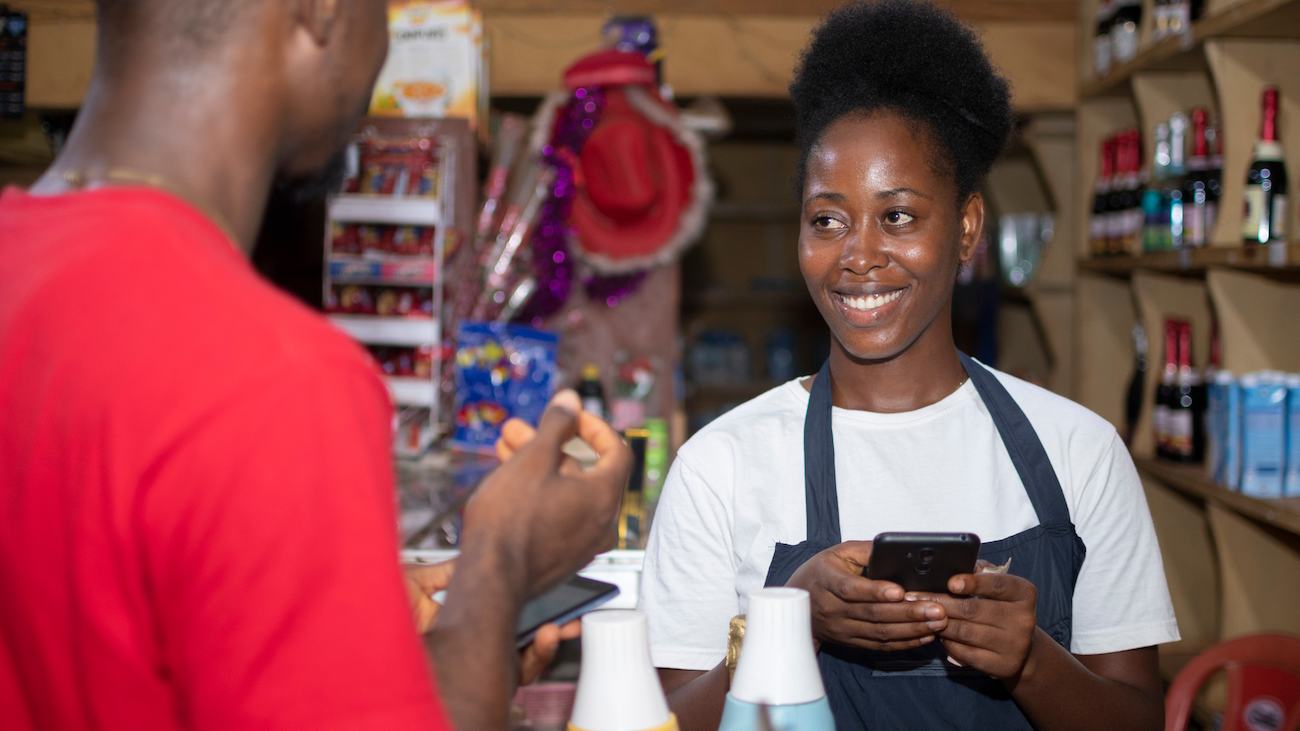
Mobile Money in Africa: According to a report by the Mastercard Foundation, Africans have some of the lowest levels of access to formal financial services in the world. Even when they can open accounts, the report notes that usage rates often remain low because transactions are too costly, insecure, or inconvenient.
The report further notes that the most underserved are women, youth, and those living in remote areas.
The inability to access financial services has limited millions of Africans from accusing credit, saving or even investing.
Despite these challenges, the most recent wave of expansion of financial services across Africa is evident, driven by breakthroughs in advanced technologies, innovative business models and collaboration between governments, banks and even fintechs.
Mobile money for example has proven to be a very important driver of financial inclusion in the region particularly in underserved areas.
“Mobile money has fundamentally transformed financial inclusion in Africa,” says Terence Hove, Financial Markets Strategist Consultant to Exness. “It has bridged the gap for millions who previously had no access to formal financial services, offering them a gateway to savings, loans, and investment products that were once out of their reach. As mobile money adoption rises and more companies continue to recognize its growing significance, it’s set to remain a key driver of economic development across the continent.”
Platforms like Safaricom PLC-owned M-Pesa in Kenya and MTN Mobile Money in West Africa have allowed people to transfer money, pay bills, and even access loans and saving products, all without needing a bank account. This has reached millions of unbanked people, allowing them for the first time to come into the formal financial system.

The M-Pesa platform in Kenya has continued to evolve. Starting out, customers used SIM toolkit services, which evolved to the shortcode (USSD) *334# and due to the rise of smartphones, users can now enjoy convenience on the M-PESA Super App.
According to Esther Waititu, Chief Financial Services Officer at Safaricom PLC, when M-PESA was launched, financial inclusion in Kenya was at 23%. As of 2023, she says financial inclusion has increased to 84%.
“When M-PESA started in 2007, financial inclusion in this country was at 23%. Today, based on statistics, as of 2023, financial inclusion has actually increased to 84%. So the role that M-PESA wants to continue to play is that of enabling all these financial services on our platform,” she said.
These mobile platforms have become one of the preferred choices for many because of their low cost and convenience. This has allowed millions to be included for the first time in their lives in a formal economy.
Mobile technology has also become at the heart of micro-lending and insurance. Fintech companies across Africa are now using mobile data to assess the creditworthiness of consumers who can in turn be offered small loans that are not available from traditional credit systems. That access to capital is vital for SMEs and entrepreneurs and, by extension, local economies.
For SMEs, this is important considering most of them still struggle to adopt digital payments, from the expenses linked to traditional payment acceptance terminals to technical implementation challenges. This, in turn, makes it harder for these businesses to meaningfully participate in the digital economy and limits inclusive growth.
GSMA notes that Sub-Saharan Africa has the highest levels of global mobile money adoption. Mobile money increased GDP in the region by more than $150 billion (3.7%) between 2013 and 2022.
A recent World Bank report also emphasised how essential mobile money has been to economic development in Sub-Saharan Africa.
“Sub-Saharan Africa has shown significant growth in financial inclusion over the past decade, much of it driven by mobile money account adoption.” the report says.
Follow us on Telegram, Twitter, and Facebook, or subscribe to our weekly newsletter to ensure you don’t miss out on any future updates. Send tips to editorial@techtrendsmedia.co.ke


